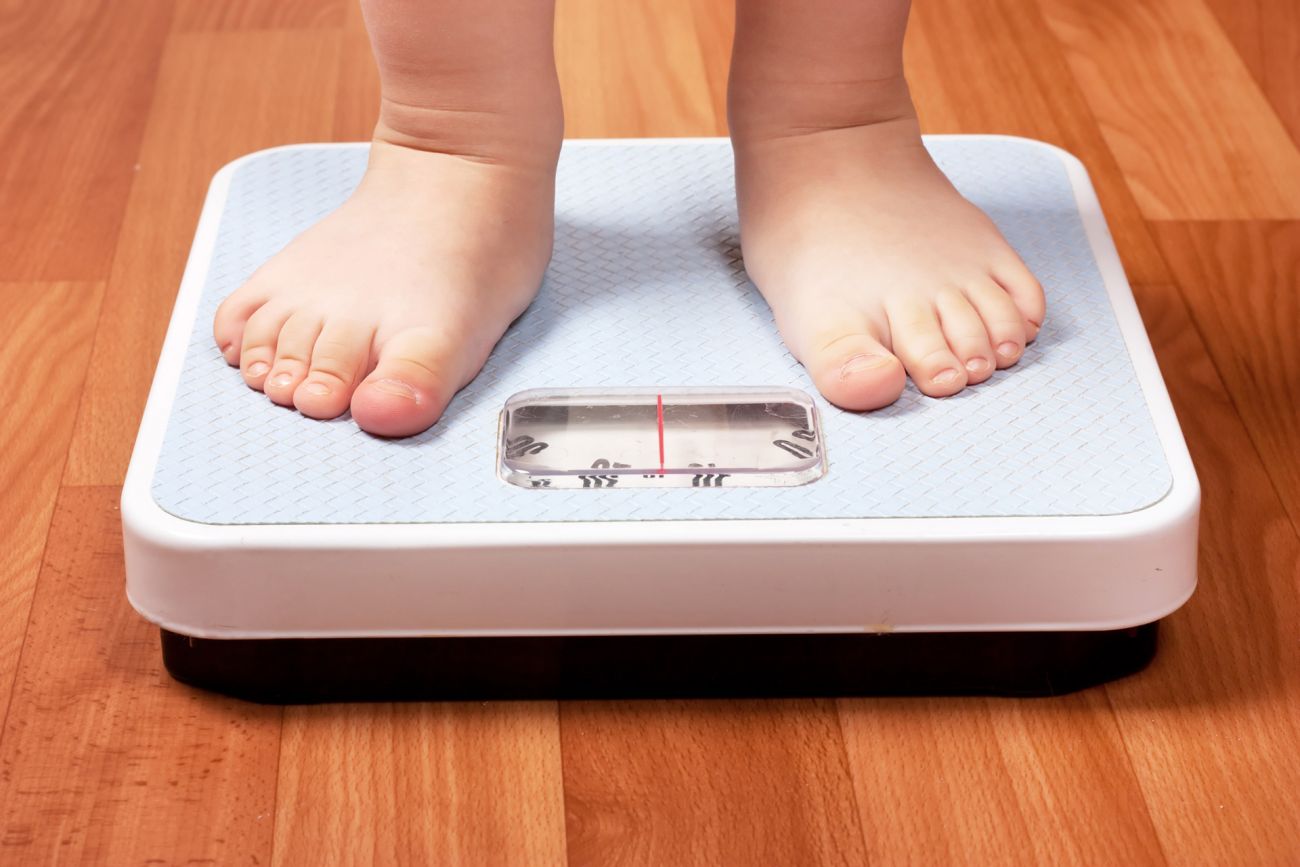Childhood obesity can have both immediate and long-term effects on health and well-being. We develop our eating habits (and many other habits and behaviors) during childhood, so obesity frequently becomes a lifelong issue.
Risks of Obesity
Overweight children run the risk of developing psychosocial disorders and a number of health ailments including heart disease, high blood pressure, high cholesterol, diabetes and hypertension. If obesity continues into adulthood, risks include developing cancer of the breast, colon, endometrium, esophagus, kidney, pancreas, gallbladder, thyroid, ovary, cervix, and prostate, as well as multiple myeloma and Hodgkin’s lymphoma.
Overweight adolescents often revert to their old habits of eating and exercising later in life. Therefore, it’s crucial that adolescents learn to eat and enjoy healthy foods in moderation and to exercise regularly to maintain a healthy weight.
What Causes Obesity?
- Poor eating habits
- Overeating
- Lack of exercise
- Family history of obesity
- Medical illnesses (endocrine, neurological problems)
- Medications
- Stressful life events or changes
- Family and peer problems
- Low self-esteem
- Depression or emotional stress
Obese children need a thorough medical evaluation by a pediatrician or family physician to consider the possibility of a physical cause. In the absence of a physical disorder, the healthiest way to lose weight is to choose healthy foods, reasonable portion sizes and increase the level of physical activity. Self-motivation and support from family and peers are important to help children commit to a healthy lifestyle. Since obesity often affects more than one family member, making healthy eating and regular exercise a family activity can improve the chances of successful weight control for the child or adolescent.
Ways to Manage Obesity in Children and Adolescents
- Join a safe weight-management program
- Change eating habits (eat slowly, choose healthy foods, develop a routine)
- Plan meals and make healthy food selections (eat less fatty foods, avoid junk and fast foods) with helpful resources like ChooseMyPlate.gov
- Control portions
- Increase physical activity to at least 60 minutes a day and have an active lifestyle
- Know what your child eats at school
- Eat meals as a family instead of while watching television or at the computer
- Limit screen time to less than two hours a day
- Do not use food as a reward
- Be aware of beverage calories
- Decrease calories consumed in beverages (pop, juice, sweetened drinks) and replace those fluids with water or nonfat milk
- Limit snacking
Families who model a healthy lifestyle for their children help them to develop habits leading to better self-esteem and a positive attitude on health and wellness.
